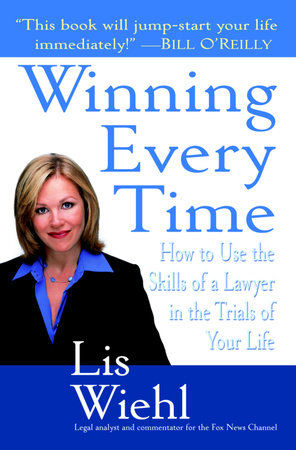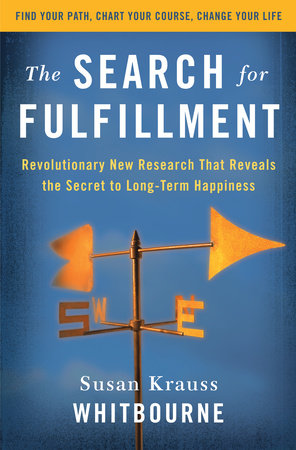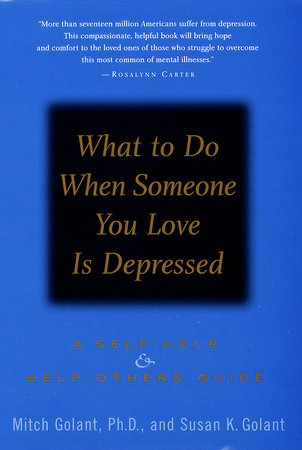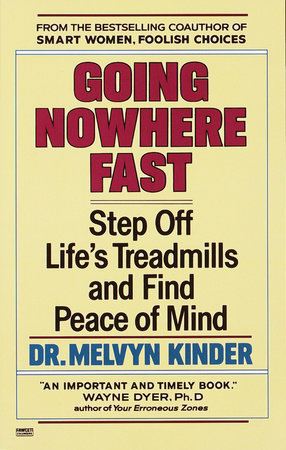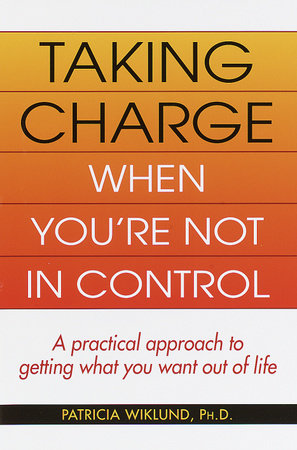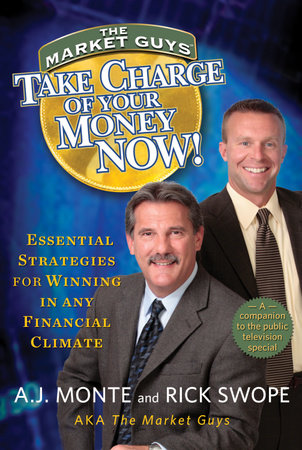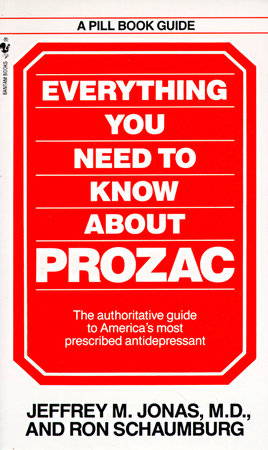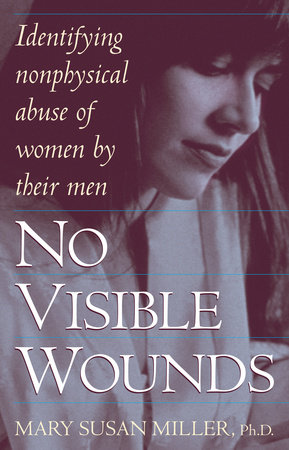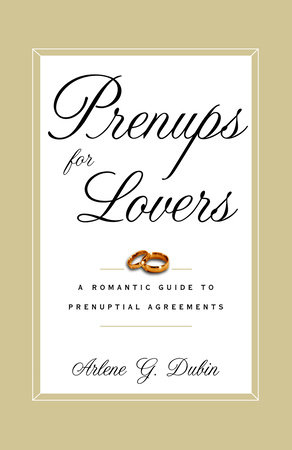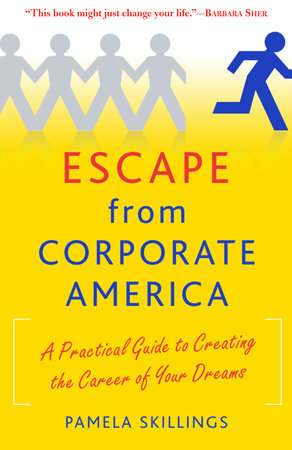A Conversation with Lis Wiehl,
Author of
WINNING EVERY TIME
How to Use the Skills of a Lawyer
in the Trials of Your Life
What prompted you to write WINNING VERY TIME?
A paralegal came into my office in tears one day asking for advice about a conflict in the office. She had received a negative review for the first time in the ten years she had worked with us and was worried about her job. Drawing on my legal training, I coached her as she formulated her case, gathered her evidence, and honed her arguments. Ultimately she won–her supervisor agreed to amend the review. It was then that I realized that the logical and rational techniques I had learned in law school could be applied not only to legal problems but to the difficulties everyone experiences in everyday life.
Can non-lawyers really use legal techniques to win confrontations?
All of us have to stand up for ourselves every day, but too often our personal insecurities, weaknesses and hang-ups make it difficult to express–and attain–what we really want. In WINNING EVERY TIME I explain how anyone can take advantage of the valuable set of practices and strategies lawyers use to win their cases in the courtroom in order to rise above the helplessness they feel in conflicts at work, at home, and in life. And as I break down the strategies that lawyers employ, I show that the skills of a lawyer are empowering, not intimidating. These skills help organize logic, compose passions, measure arguments, and stay focused on genuine goals.
But legal strategies seem to be all about winning at all costs. How can they assist in resolving conflicts satisfactorily for both sides?
Let’s be clear. I’m not out to make a litigious society more litigious, telling you how to take your neighbor to court because his fence is too high. My book tells you how to solve problems–everyday problems–using the language, skills, and techniques lawyers employ during conflict resolution. Sometimes this means discovering you’re wrong. If the facts and the morality of the situation are not really in your favor, you have to get off your high horse and admit you’re wrong. Happiness is a by-product of achieving a just result, not achieving the result at the cost of all others.
What are the most important skills you have learned as a lawyer?
The most important skills are the Eight Steps I outline in this book. And they start with perhaps the most important skill–knowing your theory of the case. If you don’t figure out what it is you want before you start, you’re like a ship without a rudder–off course from the moment you leave the dock.
Can you explain the Eight Steps to winning a case?
Step 1. Know Your Theory of the Case. What is it you want?
Step 2. Voir Dire. Who can give you what you want? And where and when are you going to talk to that "juror?"
Step 3. Discovery. Find the facts to support your case and find what the other side might use to destroy it.
Step 4. Make Your Case. Confidently state your theory, demonstrate the facts that will entitle you to a favorable verdict, and request the outcome you want.
Step 5. Cross-examination. Get the other side to agree to evidence that supports your case.
Step 6. Avoid the Spins. Stay true to your case by avoiding hearsay, last minute charges, and resorting to emotion.
Step 7. Tell a Story. Advocate with heart by telling a relevant story that humanizes what you want and wins the heart of your decision maker.
And Step 8. Sum It Up. Having made the best possible case, close the deal by restating what you want–your theory of the case–and asking your juror to give it to you.
What mistakes do most people typically make while pleading their cases?
Perhaps the biggest mistake is allowing manipulative techniques to creep into relationships and negotiations. In the clutch is the most important time to keep the argument authentic and avoid reacting with inappropriate emotion. If you’re using the Eight Steps, you won’t rely on hearsay, toss in additional charges, or make subjective characterizations. By eliminating reliance on these self-destructive techniques, you’ll be using the vastly more rational, effective strategies outlined throughout the book.
Can these techniques be used with family members?
Absolutely. I dedicate an entire chapter to advocating with loved ones and another chapter on effective parenting. While I was writing the book, I coached more than fifty people on how to use the Eight Steps to better their lives. I helped them improve their relationships, convince their kids to do their homework, negotiate family vacations without hurting feelings, and even, have a better sex life.
Have these skills helped you in your life?
I would never have gotten the job at Fox without using these skills and discovering my “inner advocate.” And I draw on these skills as I handle the stress of being a single mom, a commuter, a sister, a friend, a chauffeur, a tutor, a handywoman, a bookkeeper. I’ve used the Eight Steps everywhere from the Stop & Shop when I had groceries but no wallet…to dealing with the cable company….to dealing with Bill O’Reilly on air.
What is it like going up against Bill O’Reilly?
He’s the toughest defense attorney, judge, and prosecutor combined. I stay calm, and when I get his goat–I know I’m winning.
Do you use these steps to discipline your kids?
Yes. The Eight Steps provide the structure that child psychologists recommend, and I’ve found they’re useful in many kinds of parent-child interactions. Not long ago I had a touchy incident with one of my children–and found myself in the kind of situation a lot of parents might find familiar. Preparing to do a load of laundry, I found several candy wrappers in my son Jacob’s jeans. I knew I hadn’t bought him the candy, and thinking back over his activities over the last couple of days, I had an unsettling idea of where he had gotten it. Because ten-year-old Jacob prides himself on being a good kid, I knew that it would be of limited value to accuse him directly. He would clam up and deny everything, then agonize about his lying in a way that would ultimately be counterproductive. Instead, when he came in from playing that afternoon, I showed him the candy wrappers and asked him if we could figure out together where they had come from. We did, and he willingly went to the store and paid the manager for the candy he had shoplifted.
Your father is an attorney. Did he make you go to law school?
Absolutely not. In fact, my family was surprised both that I wanted to go to law school and that I got into Harvard. I had been offered a job with Ladies’ Home Journal as an assistant editor when I received my acceptance letter from Harvard. But the editor there encouraged me to go to Harvard. She said, “We’ll be here when you finish.”
